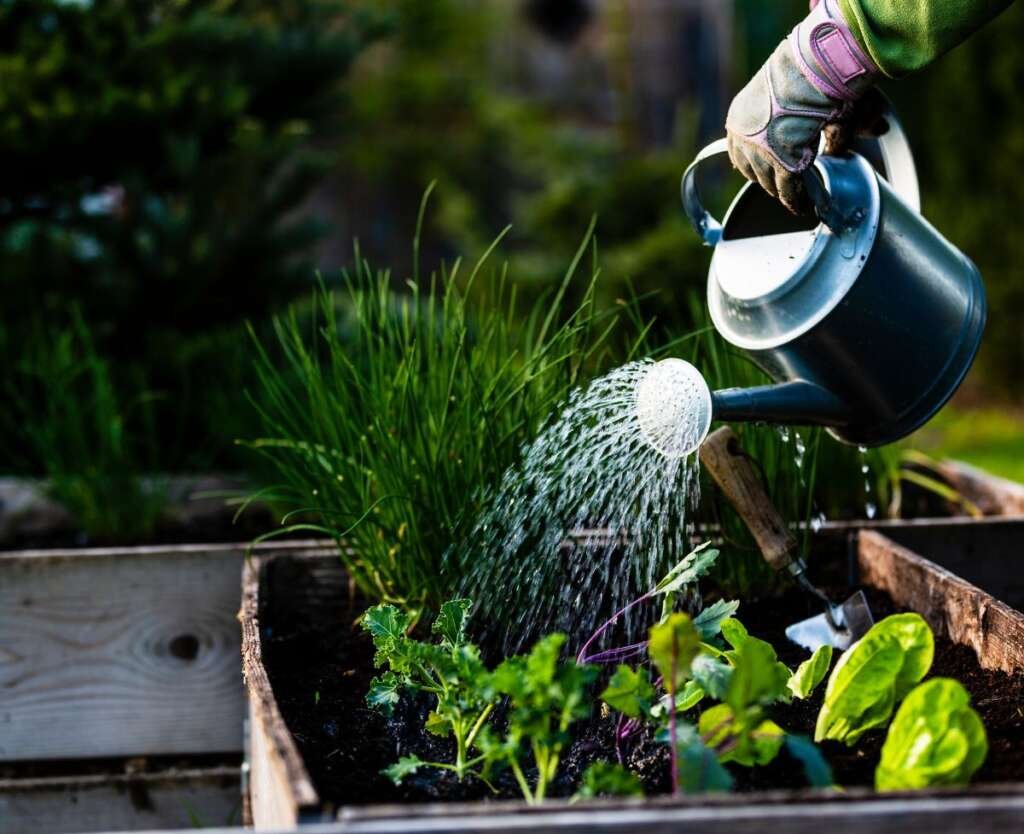Sustainability has remained a relevant topic when speaking about the state of the world and how it will affect future generations. Despite this topic becoming a repeated sentiment, there is more to solving the issue than just being aware of it. You may already know the consequences, but it’s important to also consider some of the daily habits that are good for the environment so that you can personally involve yourself in the process.
Work From Home
Though the COVID-19 pandemic is nothing to celebrate, the resulting social distancing guidelines did have one noticeable boon despite the worry they caused. This positive impact was a significant drop in carbon emissions due to the significant lack of vehicles driven to and from work. Today, it is not uncommon for working from home to be a priority for some individuals who are weighing their options in the professional marketplace. If this is an option for you, consider saving yourself the cost of gas and saving the environment the cost of your car’s emissions by getting your work done at home.
Reduce Red Meat Consumption
Reducing the amount of red meat you eat is not a call to drop it from your diet entirely. There are several benefits to watching the type of meat you consume each week. While eating this type of meat is fine in controlled portions, regular consumption has shown to increase the risk of certain diseases in the body. For the sake of your heart and health overall, it is better to eat red meat only once or twice a week. Environmentally, cows are one of the largest CO2 producers in the world. By reducing the demand for red meat, the number of cows also goes down. When expanded on a larger scale, this method has the potential to help the environment tremendously cut down on CO2 production.
Grow Your Own Food
The benefits of having a personal garden increase depending on the amount and type of food you grow. However, it is important to consider growing flowers, as they are one of many ways to help bee colonies around you. Bee populations have been in decline for several years, and making their lives easier helps the environment around them. Bees are some of the most important pollinators in most ecosystems, and it is not that far of a stretch to say the health of your local bee colonies reflects the state of your natural areas.
There are many ways to help the environment and several goals you can set for those in your community. In the scope of the world’s conditions, it is important not to be intimidated by the seemingly daunting task at hand. By considering a few of these daily habits that are good for the environment, you are better able to support the environment on an individual level and help influence the bigger picture.
